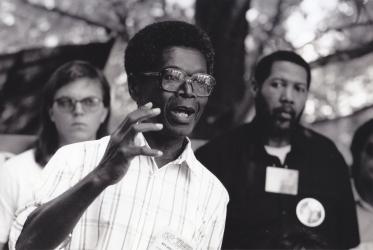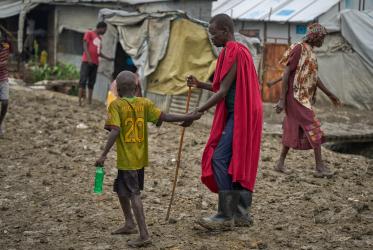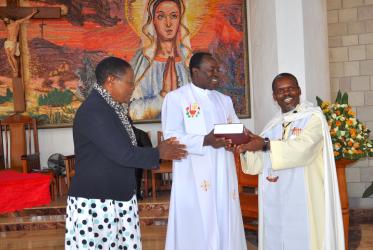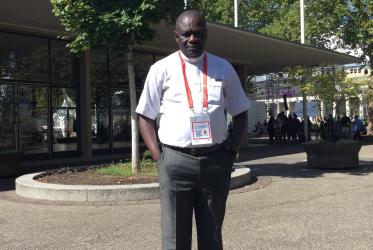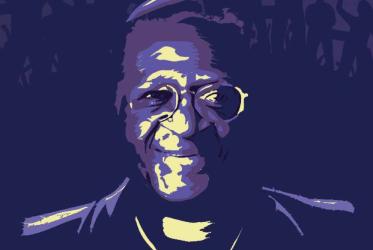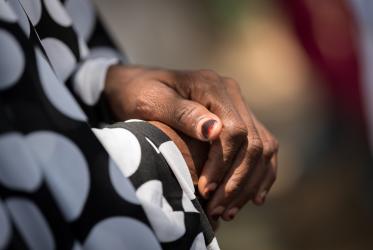Displaying 1 - 20 of 150
Churches in Africa agree on guidelines for disability inclusion
19 December 2023
Theological education in Africa promotes social transformation
03 November 2022
Tutu’s legacy: A Zoom panel celebrating “the Arch”
03 February 2022
World mourns loss of Archbishop Desmond Tutu
30 December 2021


